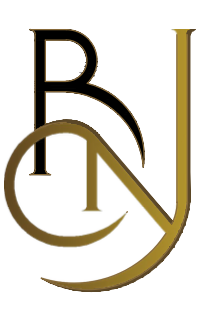Leadership Lessons from Lunch Table
Last year, a group of my son’s friends came over for lunch.
A table full of giggling kids, playful banter, and a mountain of anticipation for the poffertjes ,those fluffy little Dutch pancakes that never last long. As I served the first hot batch, one of the boys noticed something most kids would miss:‘There aren’t enough for everyone.’
He calmly began distributing them so each child got a few and chose to wait for the next batch himself. No complaints. No performance. Just quiet action. I thanked him for his thoughtfulness.Another child, noticing the attention, quickly offered to wait too.But the first boy gently said, ‘It’s okay. I can wait.’ What stood out to me wasn’t just what he did , but why he did it.This wasn’t about being seen as kind. It was kindness from the inside out.
He wasn’t behaving this way because someone taught him to ; he was simply being who he is.
Even when others have been unkind to him, I’ve noticed: he doesn’t change. He can’t not be kind.That got me thinking…
Isn’t this what we also see in leadership?
Some colleagues show up the same way , no matter who they’re talking to.They treat the intern and the executive with equal respect.Their values don’t shift depending on who’s watching.And then… there are others.Those who speak differently depending on the title in front of them.Those whose tone softens for the boss but sharpens for the team.
Those who perform values but don’t embody them.
As a leader or teammate, ask yourself:
– Are my behaviors consistent across roles, titles, and moments?
– Do I treat others based on their humanity or their hierarchy?
– Am I modeling trust or quietly breaking it?
Because here’s the truth: When behavior is rooted in values, it feels safe and real.When it’s based on compliance or optics, it creates mistrust , in teams, in culture, and in leadership itself.
In organizations, values misalignment isn’t just philosophical , it’s deeply practical.
It shows up in who gets promoted, how feedback is given, and how safe people feel to speak up or show up.That’s why personal values reflection isn’t a ‘nice to have.’ It’s essential. If you’re not clear on your values, how will you recognize alignment or the lack of it?
So ask yourself:
– What are the values I live, not just list?
– Where do I feel I’m acting , and where do I feel I’m performing?
– What kind of leader do I want to be when no one’s watching?
If you’re reflecting on your own values or sensing a misalignment in your career, I’d love to explore that with you.
Let’s talk. You deserve a career , and life , aligned with who you really are.
